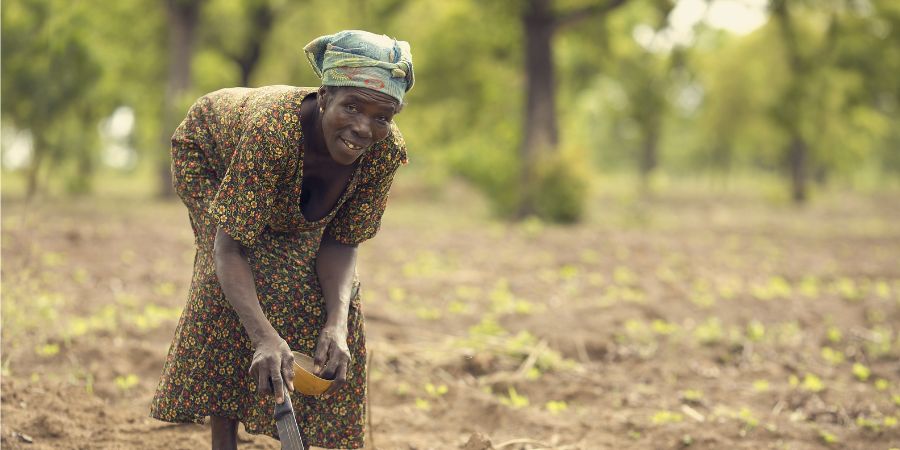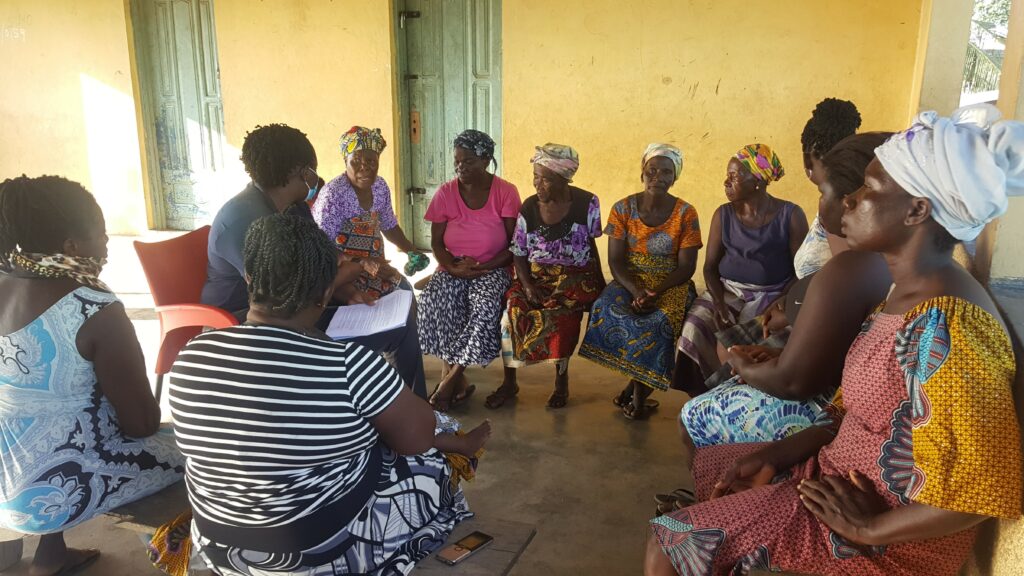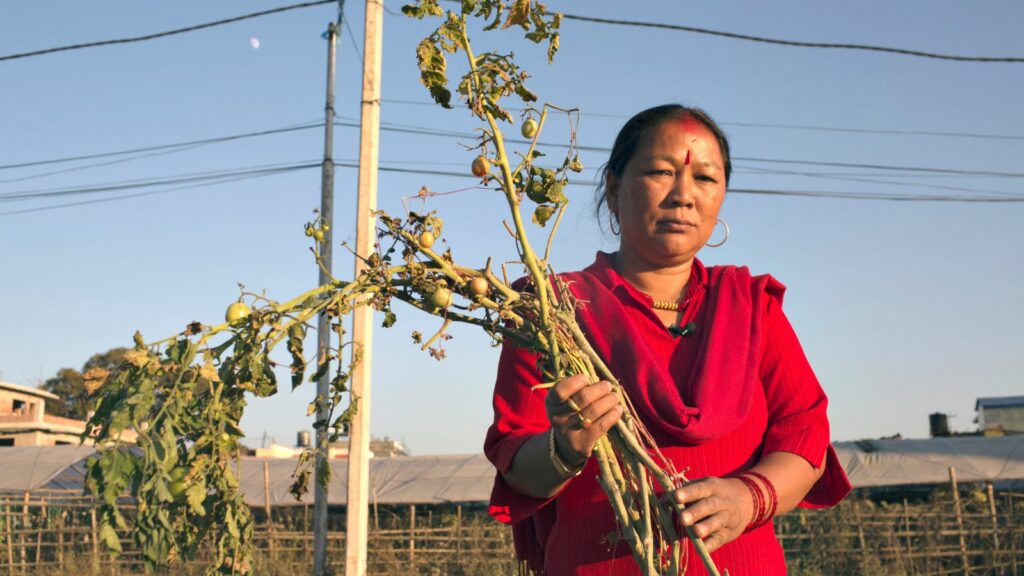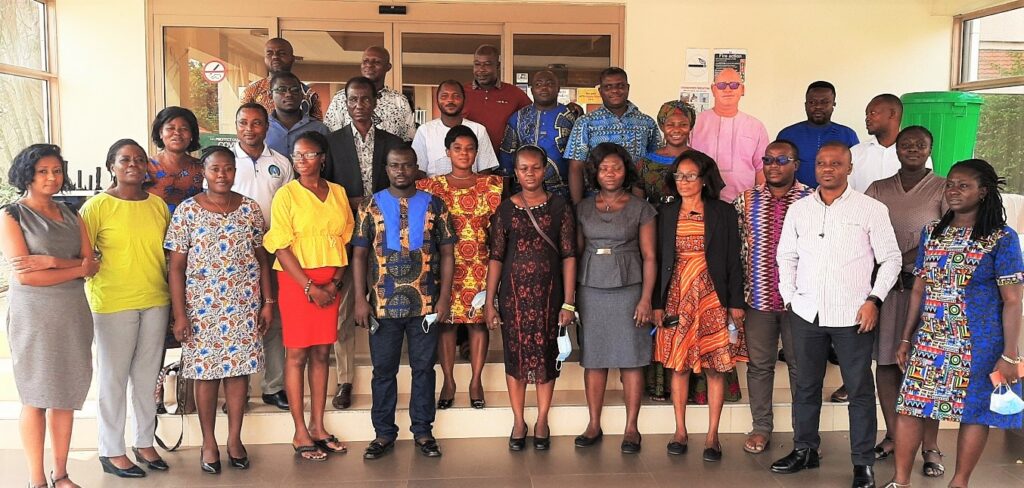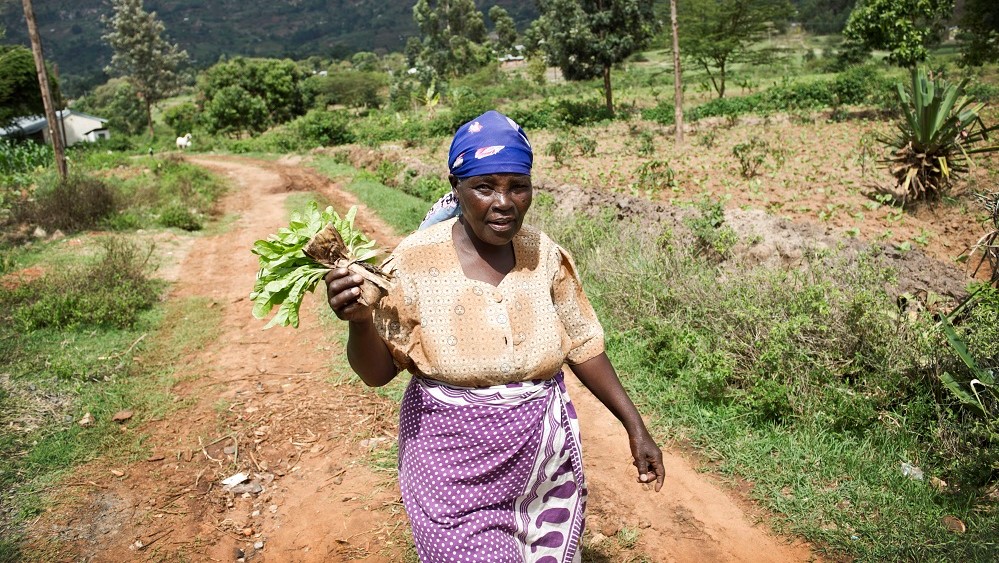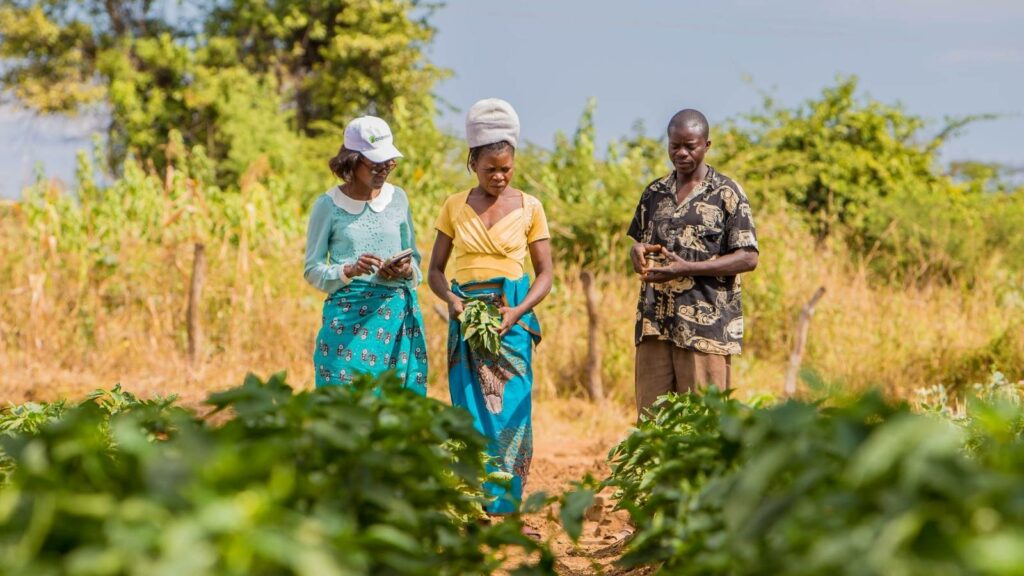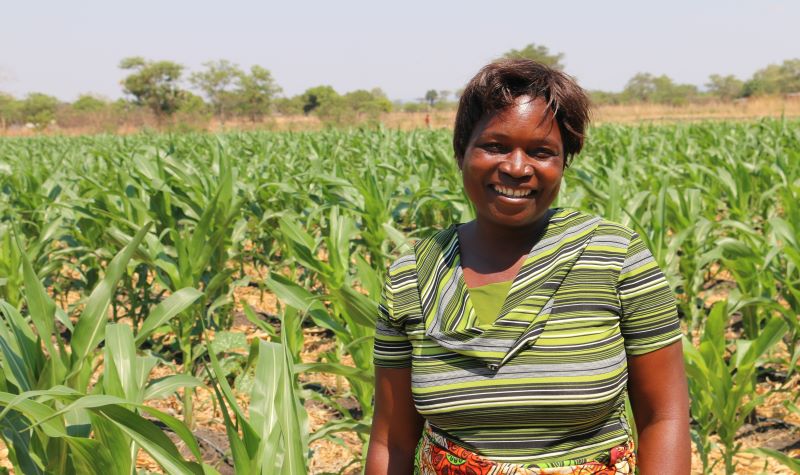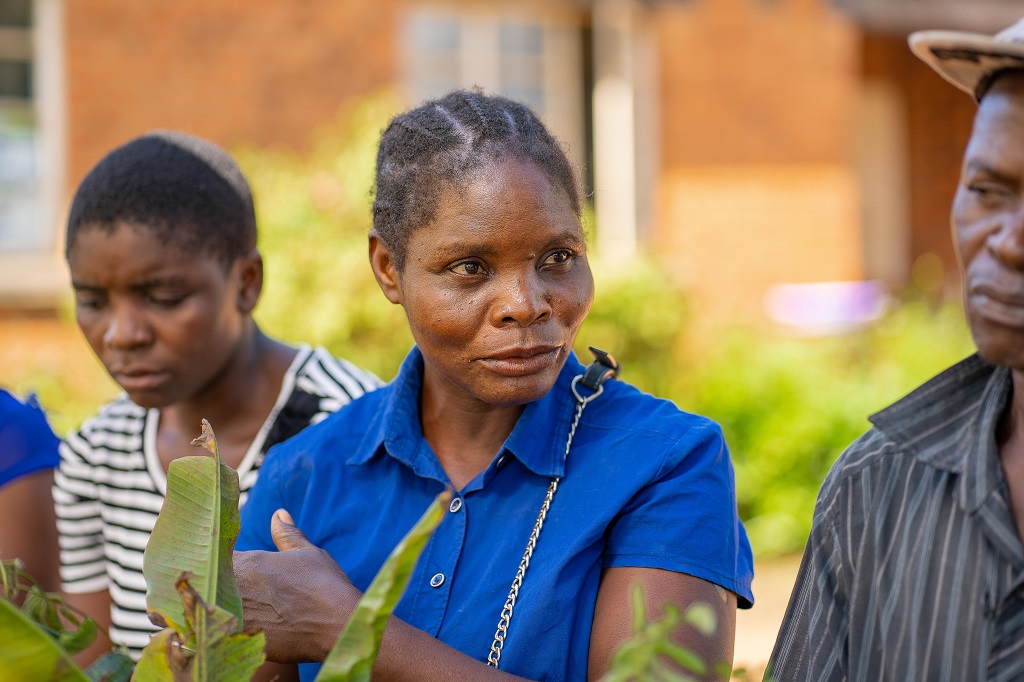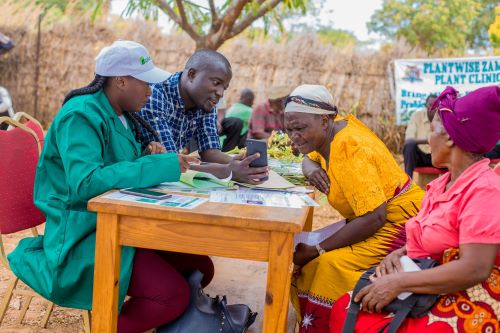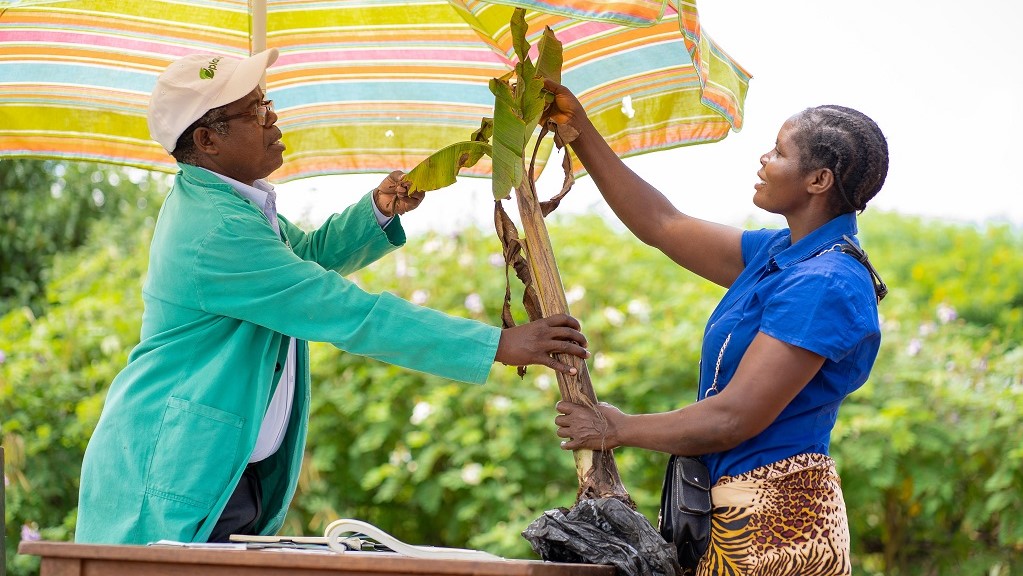Assessing gender and rural advisory services in Ghana
In Ghana, as in many other developing countries, women face challenges in accessing extension advisory services. Most services are geared to the needs of male farmers. On top of other challenges faced by women farmers, this lack of access only extends the gender gap in agricultural productivity in the global South.
Innovation on the ground can be critical for gender integration
Gender-based social norms are major barriers to women accessing agricultural extension advice and adopting new practices. Although women make up 43% of the global agricultural labour force, just how gender-equitable are extension services like Plantwise?
Digital advisory tools in the hands of women agricultural service providers
Smallholder farmers across the world need access to advisory services to support them in managing pest and disease issues on their crops. As part of its PlantwisePlus programme, CABI is developing and promoting digital advisory tools to increase access to the information that farmers need to adopt safe and effective agricultural practices. One of the…
Women in rural agriculture: a CABI interview
Women play a significant role in agricultural production. Although women have limited say in decision-making on family farms, they make up nearly half of the global agricultural workforce. However, female farmers face a number of barriers, which must be addressed if we are to achieve a number of Sustainable Development Goals, including SDG 5: Gender…
Plant clinics: Gender impacts in Zambia
Women are key to the future of agriculture and ending world hunger. Currently, female farmers make up 43% of the global agricultural workforce and play an important role in farming production and improving food security. However, the hurdles women face are real. Women often find it harder than men to access agricultural information, finance and…
More women are getting access to plant health advice through Plantwise and they grow the same crops as men
It is widely known that women have less access than men to agricultural extension services. Extension agents most often speak to household heads who tend to be men, as well as other male farmers. Plus, the extension agents themselves also tend to be men. Women often work longer hours than men too (12-17 hours per…
- « Previous
- 1
- 2
- 3
- 4
- Next »

